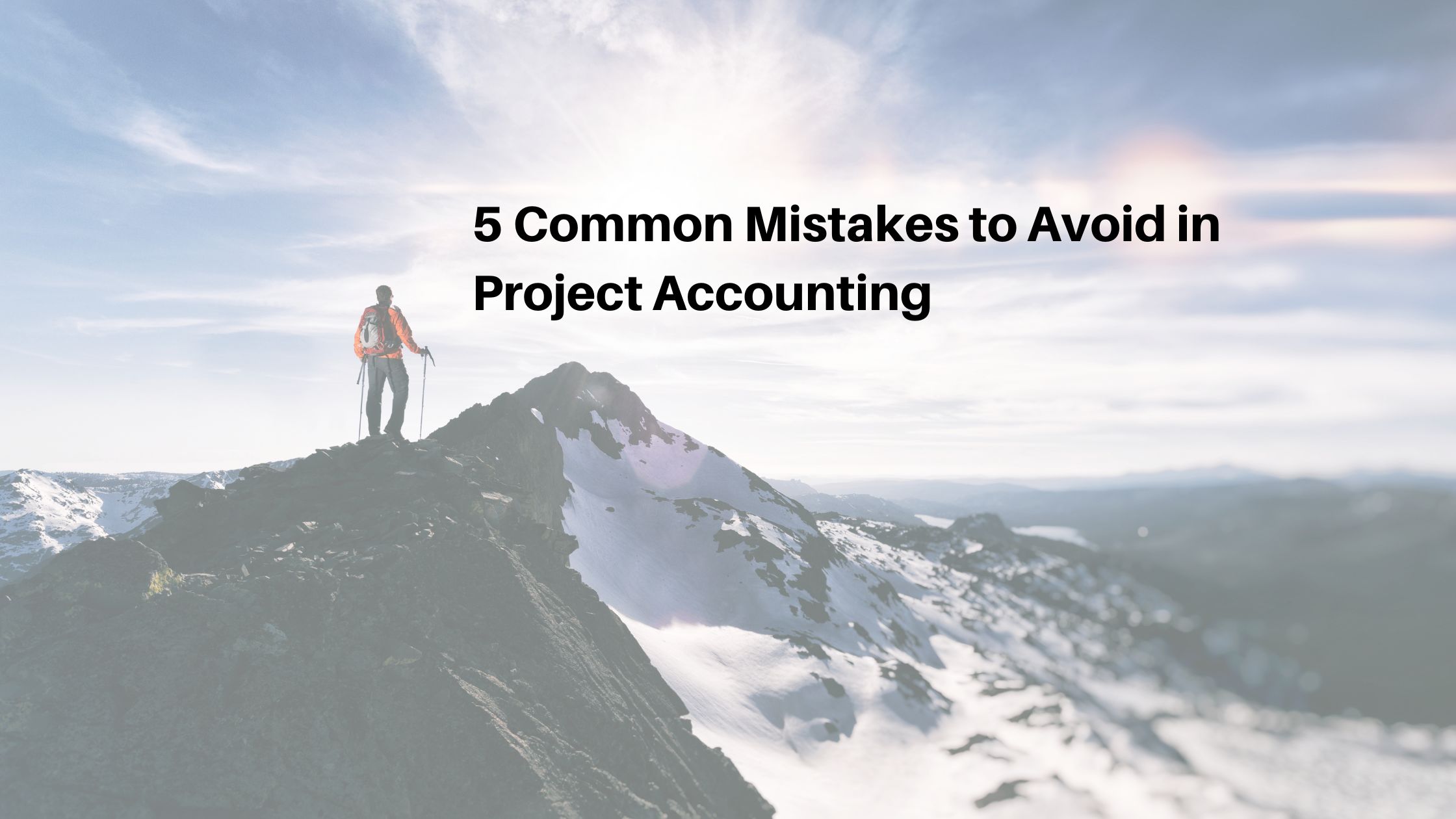Maximize Your Firm’s Efficiency With Monograph For AE Features
Exploring the Secret Functions of Monograph Bookkeeping for Successful Accounting Professionals

Defining Monograph Accountancy: A Comprehensive Overview
Monograph audit stands for a specific method within the broader area of economic coverage. This technique stresses the in-depth and systematic paperwork of financial transactions and their effects. Unlike traditional bookkeeping, Monograph accountancy is frequently customized to particular markets or one-of-a-kind circumstances, offering a focused framework for analysis and coverage. It enables accountants to delve much deeper right into specific areas, offering a detailed view that straightens very closely with business goals.
A vital feature of Monograph accounting is its flexibility; it can integrate various audit criteria and methods as required. This adaptability allows accounting professionals to generate reports that are not only exact however also pertinent to stakeholders. Moreover, the approach typically entails considerable study and exam of financial data, making certain that every element is thoroughly comprehended and documented. Thus, Monograph accountancy functions as an essential tool for accounting professionals intending to offer insightful financial evaluations tailored to certain contexts.
The Relevance of Quality and Precision in Financial Reporting

Vague or unreliable reporting can result in misguided strategies, eroded trust amongst capitalists, and regulative scrutiny. Accountants must prioritize accuracy in their job, making certain that figures are carefully validated and economic stories are systematic. This not just promotes openness however also boosts the total trustworthiness of the organization.
Ultimately, quality and precision in monetary reporting are crucial for keeping stakeholder self-confidence and promoting lasting company growth. Accountants play a crucial duty in maintaining these criteria, making their know-how important in navigating the intricacies of financial information.
Simplifying Decision-Making Procedures Via Monograph Accountancy
Efficiency in decision-making processes is significantly improved through the principles of Monograph audit. By combining extensive financial data into a singular, systematic structure, accountants can quickly access essential details necessary for notified choices. This technique minimizes the moment invested on information access and interpretation, enabling a much more agile feedback to monetary scenarios.
Monograph bookkeeping emphasizes clear classification and thoughtful organization of financial purchases, which decreases errors and miscommunication. When accountants make use of these principles, they can offer monetary insights in an organized manner, promoting conversations among stakeholders.
Additionally, the standardization fundamental in Monograph accounting makes it possible for seamless contrasts across various durations or divisions, additionally aiding in critical planning. This streamlined technique not only maximizes the inner processes of accountancy professionals however also boosts the total organizational dexterity, equipping companies to adjust to altering market problems swiftly.
Trick Benefits for Accountants and Their Clients
While adopting Monograph bookkeeping may call for an initial financial investment of time and resources, the long-lasting benefits for both accounting professionals and their clients are significant. This bookkeeping technique promotes enhanced accuracy and transparency, allowing accounting professionals to preserve clearer financial records. By combining information into a single narrative, customers gain better understandings right into their monetary health and wellness, helping with notified decision-making.
Additionally, Monograph audit fosters more powerful client partnerships with enhanced communication (Monograph). Accounting professionals can present financial information in a much more absorbable style, making it much easier for customers to understand intricate information. This quality not just develops depend on but likewise urges aggressive financial monitoring
Additionally, the streamlined procedures linked with Monograph accountancy reduce the chance of errors, which can save both time and money. Eventually, the assimilation of this method brings about more efficient operations, enabling accountants to offer better service while empowering clients with enhanced economic understanding and control.
Practical Applications of Monograph Audit in Numerous Industries
In what means can monograph accounting change different sectors? By providing a focused and detailed technique to economic coverage, Monograph accounting improves clearness and accuracy read this throughout varied fields. In health care, wikipedia reference as an example, it promotes the specific tracking of individual expenses and source allowance, eventually boosting economic management. The manufacturing market take advantage of its structured evaluation of production expenses, enabling for better pricing techniques and productivity analyses.
In the retail sector, Monograph audit aids in inventory management and sales forecasting, aiding companies maximize supply levels and reduce waste. In addition, in the nonprofit field, it assists in transparent coverage of grant funding and source usage, promoting depend on amongst stakeholders. Generally, Monograph accounting's customized techniques allow organizations to achieve monetary transparency and functional effectiveness, making it an invaluable tool across various sectors. Its flexibility makes sure that businesses can fulfill specific audit needs while maintaining compliance with laws.
Often Asked Inquiries
What Software application Is Best for Executing Monograph Accounting?
The very best software application for carrying out Monograph accounting includes copyright, Xero, and Sage. These platforms use detailed functions customized for effective monitoring, reporting, and monitoring of economic data, assisting in structured audit procedures for experts.
How Does Monograph Bookkeeping Differ From Traditional Accounting Approaches?
Monograph bookkeeping focuses on specific jobs or customers, stressing thorough tracking and reporting for particular entities, while conventional bookkeeping aggregates data across all entities, prioritizing total economic health instead of project-specific understandings and efficiency.
What Are Typical Challenges Accounting Professionals Confront With Monograph Audit?
Accounting professionals often come across challenges with Monograph accounting, including intricacy in economic coverage, integration with existing systems, ensuring conformity with laws, adjusting to unique customer needs, and managing the in-depth paperwork required for accurate analyses.
Are There Particular Laws Governing Monograph Audit Practices?
Yes, specific laws usually govern Monograph bookkeeping practices, consisting of adherence to nationwide accounting criteria, compliance with tax policies, and industry-specific standards. Accounting professionals have to continue to be informed to ensure their techniques straighten with these developed structures.
Just How Can Accountants Keep Updated on Monograph Accountancy Trends?
Accountants can stay upgraded on Monograph accountancy fads by signing up for sector publications, going to appropriate workshops and seminars, joining specialist companies, and involving with on-line discussion forums dedicated to accounting criteria and ideal methods. (Monograph Consultants)
Monograph accounting provides a distinct structure that improves financial reporting for accountants. Unlike conventional accountancy, Monograph bookkeeping is often tailored to certain industries or unique situations, giving a focused framework for analysis and coverage. An essential feature of Monograph audit is its adaptability; it can incorporate numerous audit standards and practices as needed. By supplying a concentrated and comprehensive method to monetary reporting, Monograph webpage accountancy improves clarity and accuracy across diverse fields. Yes, details laws commonly regulate Monograph accounting methods, including adherence to nationwide audit requirements, conformity with tax regulations, and industry-specific standards.